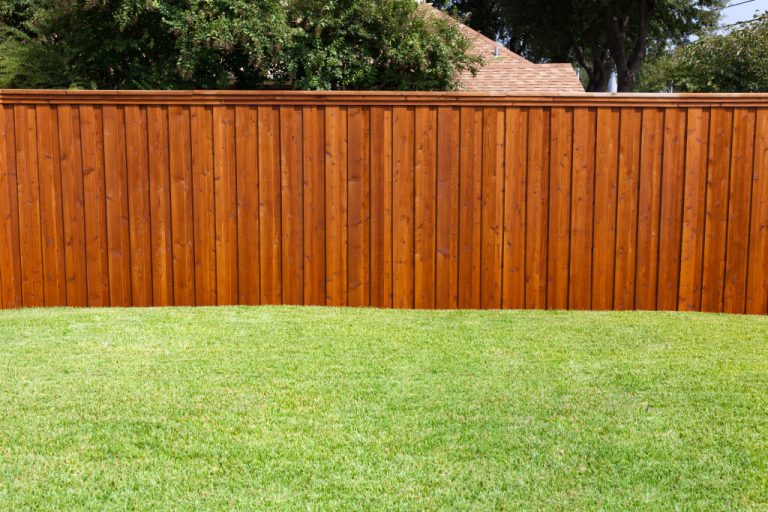Brushing and dental flossing are crucial to oral health but so is a healthy diet. There is a correlation between what you eat or drink and oral health, and it’s not just about discoloration. Your mouth is made up of tissues and what you consume makes or breaks them.
It’s a well-known fact that sugary, starchy, sticky, and highly acidic foods are hindrances to having enduring, flawless-looking teeth. If you’re one among many Americans that seek to save for healthcare bills, the best you can do is live healthily and prevent or treat illnesses earlier as much as possible. Fortunately, there are plenty of affordable and experienced dentists if you know where to look.
Alongside regular, proper brushing and dental flossing, be more aware of your nutrition and diet—whether it’s good for your oral health or not. An unhealthy diet will manifest in many ways from discolored, chipped, cracked, or plaque-filled teeth to diseased gums.
Understanding the Vitamins and Minerals Essential to Oral Health
Calcium, fiber, phosphorus, vitamin C, vitamin D, and vitamin A are the most essential vitamins and minerals for healthier teeth, all of which are found in most fruits, vegetables, and plenty of other sources. Calcium helps strengthen the teeth and maintain them. Phosphorus and vitamin D help your body absorb more calcium, although, in itself, vitamin D plays a huge role in maintaining the health of your teeth as well.
Fiber gets the saliva flowing and keeps the gums clean, consequently protecting your mouth from gum diseases and cavities, which is why the American Dental Association (ADA) highly recommends everyone to eat fiber-rich foods, usually found from anything plant-based.
Like fiber, vitamin A is good for producing saliva which is what enables your mouth to clean bacteria between the teeth as well as help with breaking foods down more easily—in addition to maintaining healthy skin and eyes.
If you’re unsure about being able to eat a balanced diet, you may want to consider taking these vitamins and minerals in supplements. Make sure to discuss it with your healthcare provider first, especially when you’re taking prescription medications to ensure that nothing interferes.
Drink Plenty of Water
Water, turns out, is the healthiest you can drink. Train yourself to choose water instead of many other beverages with its plenty of health benefits, especially to your oral health.
Fluoridated water gives the most benefits, which may be the easiest you can do to protect your mouth from cavities. Drinking water after eating cleans the teeth too, removing any unwanted sugars that stick behind the teeth.
Drinking water now and then helps you fight dry mouth too which is one culprit for decaying the teeth. Drinking water helps your mouth to produce enough saliva to wash out any leftover food while having your teeth washed with phosphate, fluoride, and calcium.
Smart Snacking
Americans love to snack, but more so during the pandemic when they’re stuck at home. In fact, plenty of snack manufacturers have reported a significant increase in sales since the pandemic. If you’re one of the many contributors to the sales upsurge, perhaps, you’ll need to be more aware of your snacking habits.
Snacking isn’t a problem, but unfortunately, Americans like to nibble on unhealthy snacks, mostly chips, candies, or chocolate bars. Better replace unhealthy treats with nutritious ones such as raw fruits, vegetables, and other teeth-friendly foods.

What You Can Snack On Instead
Aside from a healthy oral care lifestyle, watch out for your diet. Here are some mouth-healthy foods you can rather snack on or include in your meals:
Crunchy vegetables
These may be carrots, celery, and other crunchy vegetables. While chewing, they clean the surfaces of your teeth and are rich in the minerals and vitamins such as calcium, keratin, and vitamin C, all of which are essential to better dental health.
Pears and apples
Choose fresh apples, not the sugary ones, to chew on. Raw pears can be a great snack too. These hard fibrous fruits can stimulate saliva production, neutralize the acids in your mouth, and reduce any bacteria in your mouth that causes cavities.
Nuts
Nuts are rich sources of phosphorus and calcium, particularly Brazil nuts, cashews, almonds, walnuts, and peanuts. All these contain beneficial vitamins for teeth and gums.
Fresh or sugar-free raisins
One study shows that sugar-free raisins, preferably fresh, can fight tooth decay with their phytochemicals that can inhibit the growth of bacteria in the mouth; hence, fending off gum diseases and cavities.
Instead of juice or soda, choose water, and instead of junk foods, nibble on mouth-friendly fruits or vegetables. Always remember that what you eat makes your oral health.












